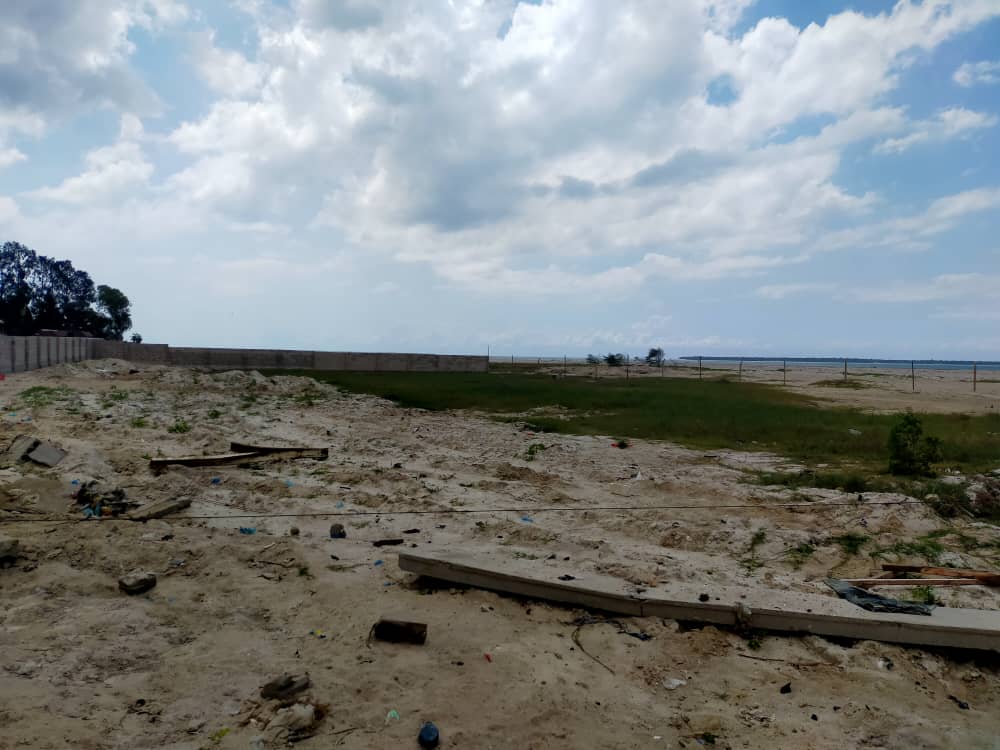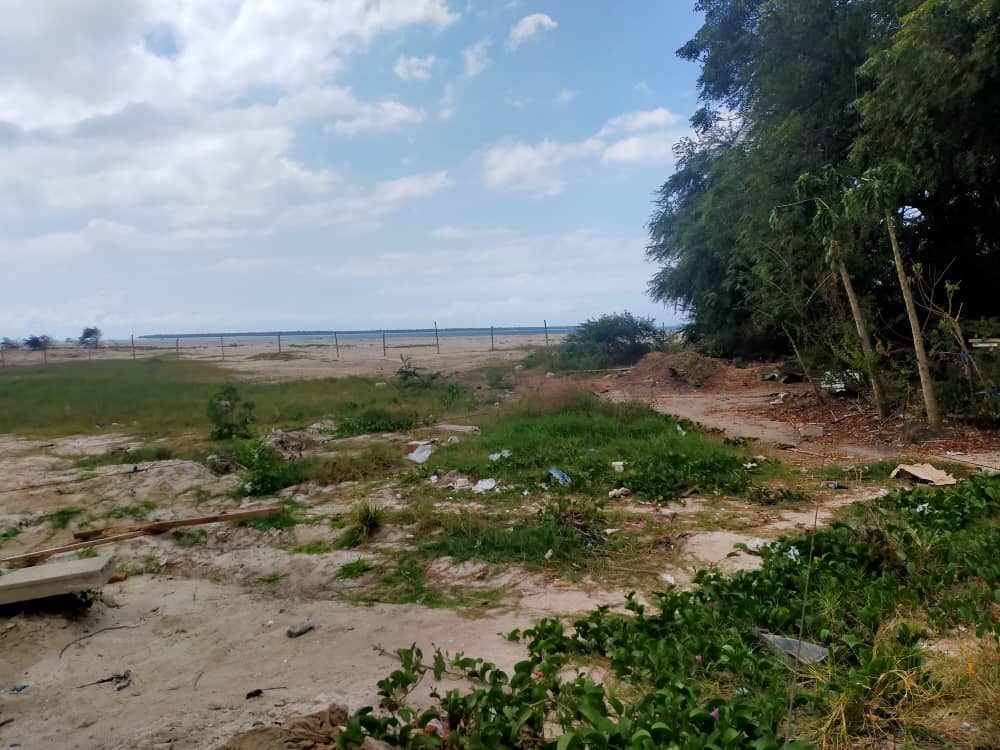How to Buy Land in Dar es Salaam: A Step-by-Step Guide
Buying land in Dar es Salaam, Tanzania’s largest city and commercial hub, is a significant investment decision. Whether you’re looking to build a home, start a business, or invest in real estate, understanding the buying process is crucial to ensuring a smooth transaction and protecting your investment.
In this step-by-step guide, we’ll walk you through everything you need to know to buy land in Dar es Salaam, from choosing the right property to completing the legal paperwork. Let’s get started!
Step 1: Research the Market and Determine Your Needs
Before you start the land-buying process, it’s essential to do thorough research. Dar es Salaam is a growing city with diverse land options, ranging from residential to commercial plots, and prices can vary significantly based on the location, amenities, and zoning.
Consider the following questions:
- What is your purpose for buying land? Are you building a home, setting up a business, or investing in property?
- What is your budget? How much are you willing to spend, including any associated costs like taxes, fees, and development costs?
- Which area in Dar es Salaam are you interested in? Popular areas for land buyers include Mikocheni, Kinondoni, Temeke, and Kigamboni. Each area has its own characteristics, so choose a location that suits your needs.
Step 2: Check for Land Availability and Land Use Zoning
Once you have a general idea of what you’re looking for, start browsing land listings. Many real estate agencies, both online and offline, can help you find available plots.
However, land use zoning is an essential factor to consider. In Dar es Salaam, land can be zoned for:
- Residential use (for homes and apartments)
- Commercial use (for businesses or offices)
- Industrial use (for factories or warehouses)
Check whether the land you are interested in is zoned for your intended purpose. For example, purchasing residential land in an area zoned for industrial use might not be ideal for building a home.

Step 3: Verify the Ownership and Title Deed
One of the most important steps in buying land is verifying the ownership and ensuring that the seller has a valid title deed. In Tanzania, land is either privately owned or government-owned, with different processes for acquiring each.
Verify Ownership:
- Public Land: If the land is government-owned, you must check whether the government is selling it or granting a leasehold.
- Private Land: If the land is privately owned, ask for the title deed to confirm the seller’s ownership.
Ensure the Land is Free of Encumbrances:
- Ensure the land is not subject to disputes. Check if there are any legal claims, loans, or disputes associated with the land.
- Land Clearance Certificate: A clearance certificate will show that the land is free of debt and disputes.
You can verify the title deed by going to the Tanzania Land Registry or consult a legal professional specializing in land transactions to help confirm ownership and status.
Step 4: Conduct a Site Visit
Before committing to any purchase, always do a site visit to inspect the land physically. This gives you an opportunity to:
- Assess the condition and accessibility of the land.
- Check if the property matches the description provided by the seller.
- Verify its proximity to essential amenities like roads, water supply, electricity, and other infrastructure.
While on-site, also make sure the boundaries are well-marked, and take note of any neighboring properties that might affect the use or value of your land.
Step 5: Negotiate the Price and Terms
Once you are confident that the land is suitable for your needs, it’s time to negotiate the price and terms of the purchase. In Dar es Salaam, land prices can vary greatly depending on location, size, and other factors. If you’re working with a real estate agent, they can assist in the negotiation process to ensure you get a fair price.
Things to negotiate:
- Price per square meter (for larger plots, the price per square meter might be negotiable).
- Payment terms (e.g., full payment upfront, installment plans, etc.).
- Additional costs like taxes, legal fees, and registration costs.
Step 6: Sign a Sale Agreement
Once the price and terms are agreed upon, a sale agreement is drawn up. It’s essential to have a legal professional (e.g., a lawyer or notary) review the contract to ensure that all the details are correct and that you are legally protected.
The sale agreement should include:
- The buyer’s and seller’s names and contact details.
- Detailed description of the land (size, location, title deed number).
- The purchase price and payment terms.
- A clause stating that the land is free from encumbrances (e.g., disputes, mortgages, etc.).
- The timeline for transferring ownership.
Step 7: Make the Payment
After the sale agreement is signed, you’ll need to make the payment according to the terms outlined. Most transactions in Tanzania involve bank transfers for large sums, which adds an extra layer of security.
Ensure that all payments are documented and received by the seller in a transparent manner. Avoid making payments in cash unless necessary and always ask for receipts.
Step 8: Transfer of Title Deed
After payment is made, the process of transferring the title deed can begin. You will need to go to the Land Registry in Dar es Salaam to have the ownership transferred to your name. This step typically involves submitting the following documents:
- Original title deed.
- Sale agreement.
- Proof of payment.
- Identity documents (e.g., passport, national ID).
Once the transfer is complete, you will receive a new title deed that shows you as the legal owner of the property.
Step 9: Pay Taxes and Fees
There are various taxes and fees involved in purchasing land in Tanzania:
- Stamp duty: Typically 1% of the purchase price or market value, whichever is higher.
- Land registration fees: Vary based on the property’s value.
- Property tax: An annual tax that you must pay once you own the land.
Ensure all taxes and fees are paid promptly to avoid any issues with land ownership in the future.
Step 10: Secure Your Property and Start Development
Once the land purchase process is complete and you are the official owner, the next step is to secure the land. You can start planning for construction, agricultural use, or other developments based on your goals.
- Fence the land to mark your boundaries and protect your property from encroachment.
- If you’re planning to build, check with the local city council for any necessary building permits or zoning restrictions.
Conclusion
Buying land in Dar es Salaam is an exciting opportunity, but it requires careful planning, research, and due diligence to ensure that the transaction is legal, secure, and meets your needs. By following these steps and working with trusted professionals, you can make the process of purchasing land a smooth and successful experience.
If you’re looking for land in Dar es Salaam, don’t hesitate to explore our listings on www.landproperty.danvast.com. We provide a wide range of properties with clear titles and excellent locations for both residential and commercial purposes. Our team is here to guide you through every step of the buying process.
Happy land hunting!


